Call us @+234 806 558 2598
The Silent General: Muhammadu Buhari’s Final Command 82
Former President Muhammadu Buhari (17 December 1942 – 13 July 2025)Muhammadu Buhari, a distinguished former military head of state and president of Nigeria, passed away on 13 July 2025 in London at age 82. His death marks the end of a storied career spanning over six decades in public service marked by frugality, resolve, controversy, and historic firsts.
Early Life & Military Career
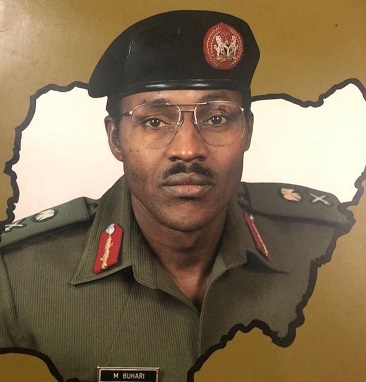
Born 17 December 1942 in Daura, Katsina State, Buhari was the youngest of 23 children in a Fulani Muslim family. Educated initially under British colonial rule, he joined the Nigerian Military Training College in 1962 and was commissioned in 1963 after further training in Aldershot, UK. Buhari saw significant action during the Nigerian Civil War (1967–1970) as an infantry commander with the 3rd Marine Commando Division, earning a reputation for discipline. He survived several coup attempts, rose to become Federal Commissioner for Petroleum and Natural Resources, and served as military governor of then–North Eastern State (later Borno and Bauchi areas) following the 1975 coup.
Military Head of State: 1983–1985 On 31 December 1983
Buhari seized power in a coup that ousted the civilian government of Shehu Shagari. As head of state, he and his deputy, Major‑General Tunde Idiagbon, launched the War Against Indiscipline (WAI) a nationwide campaign aimed at instilling civic responsibility. Punishments ranged from frog‑jumps for lateness to public discipline, order, and mandatory queuing. The regime adopted austere economic measures cracking down on corruption, enforcing restrictive policies, and even implementing capital punishment for certain offenses (e.g. drug trafficking). Despite drawing public support for its no nonsense approach, his rule was criticized for authoritarianism and human rights violations and was ended by a palace coup led by Ibrahim Babangida on 27 August 1985.
Transition Period & Political Reinvention
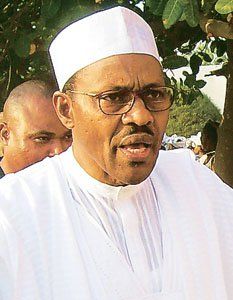
For the next 30 years, Buhari remained active in public affairs but stayed out of power. He briefly headed a federal oil agency following the death of Sani Abacha in 1998. He unsuccessfully contested presidential elections in 2003, 2007, and 2011, before forming the Congress for Progressive Change (CPC), later joining the All Progressives Congress (APC) in 2013–14 .Despite being characterized as a political outsider, his reputation for incorruptibility and discipline earned public trust. He notably persevered through repeated candidacies until he secured victory.
Historic Democratic Presidency (2015–2023) Groundbreaking Election Victory – 2015
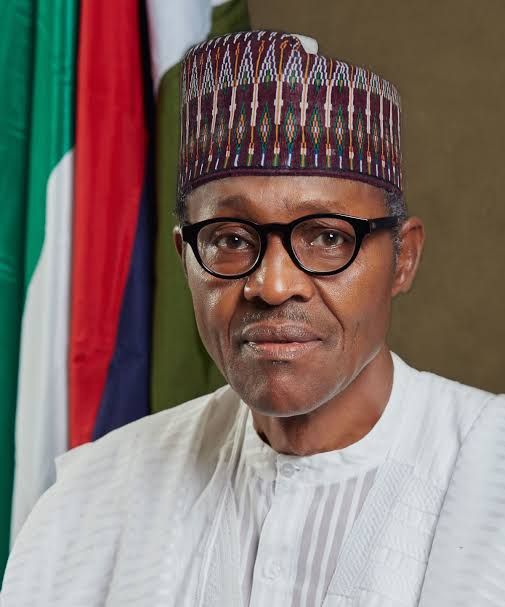
In March 2015, Buhari achieved a landmark victory over incumbent Goodluck Jonathan becoming the first opposition candidate to unseat a sitting president in Nigeria. He campaigned on the platform of anti corruption, economic reforms, and security.
Governance and Policy Highlights
Treasury Single Account (TSA) Implemented in August 2015, the TSA centralized federal revenue collection, reportedly saving N5.3 trillion (approx. \$25 billion) by 2017, Anti-Corruption War. Buhari revived the Economic and Financial Crimes Commission (EFCC), prosecuted over 600 officials (including judges, military officers), and recovered roughly \$300 million in Abacha-era looted funds.
International recognition included support from the UK and commendation from then-U.S. Secretary of State John Kerry, Security Initiatives. While Boko Haram insurgency persisted, his administration recorded territorial gains in fighting militants. Buhari regularly highlighted the efforts to boost security and restore order. Economic Reforms & Social Programs, Programs like the National Social Investment Program (NSIP) including school feeding, cash transfers, and youth skills training were launched to address poverty and unemployment.
Re-election & Challenges
Re-elected in February 2019 with 55% of the vote, Buhari’s second term was marred by criticism over economic hardship, high inflation (above 11%), unemployment (over 20%), and mounting public debt
Controversies and Public Dissent
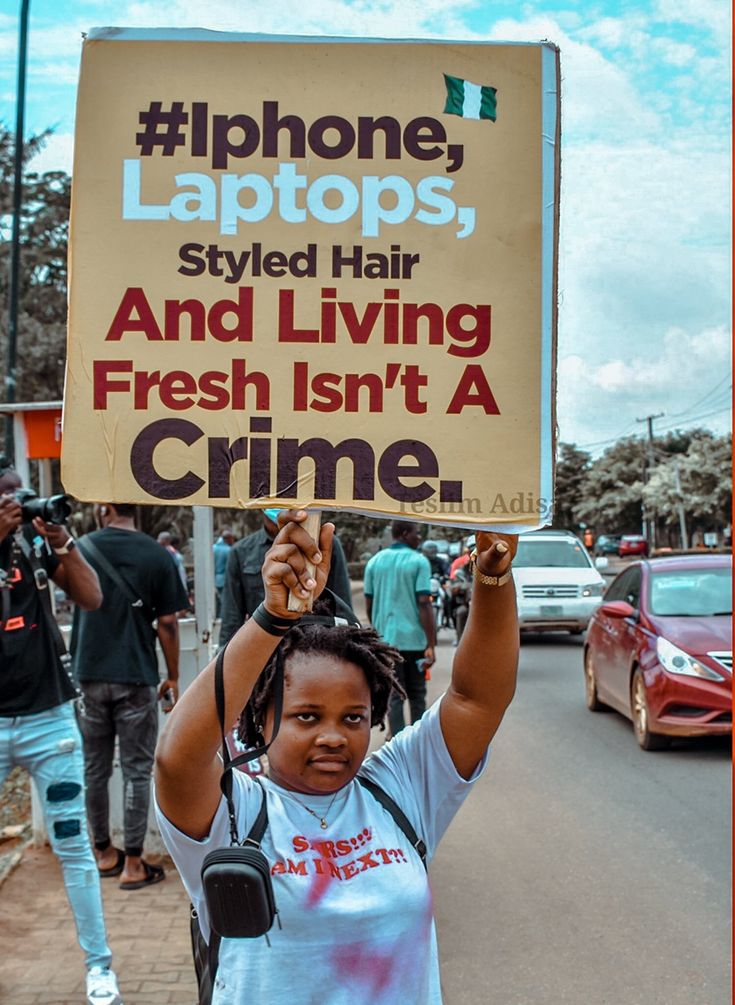
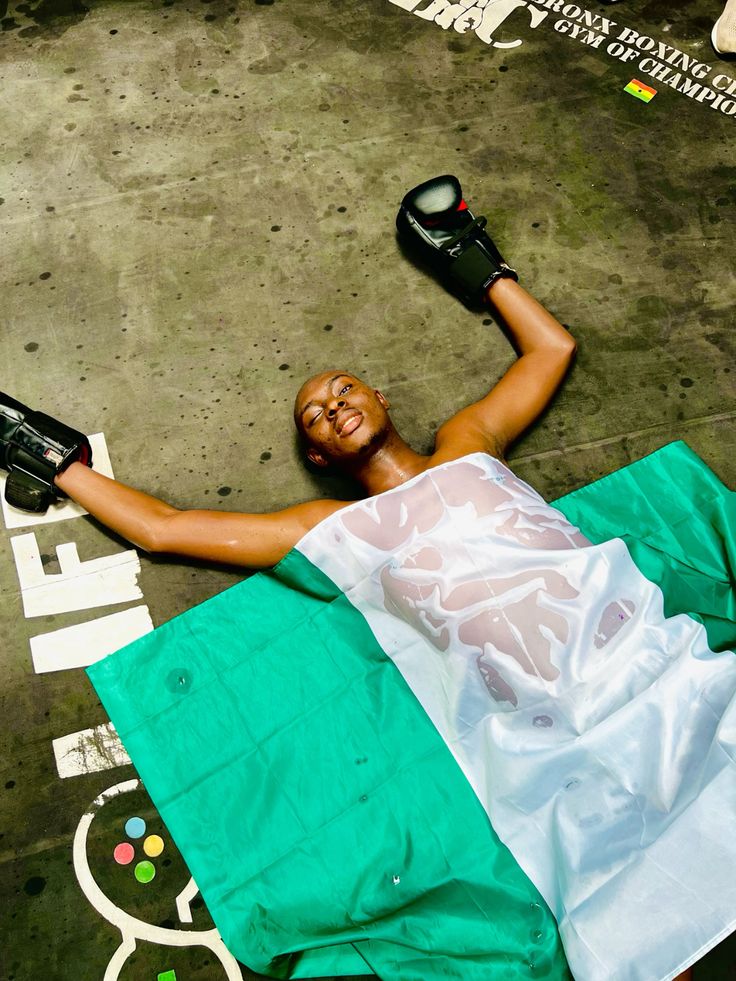
SARS & #EndSARS Protests: In October 2020, nationwide protests erupted against police brutality, particularly by the SARS unit. Security forces’ use of lethal force drew international condemnation and highlighted governance concerns
Medical Absences & Governance Gap: Extended medical stays in London during 2017, 2018 prompted public concern over his absence, opacity surrounding his health issues, and criticism over accountability.
Selective Anti-Corruption Critique: Critics accused the de correlated approach of targeting political opponents rather than truly impartial actions.
Legacy, Achievements & Awards
- Anti-Graft Record Delivered a strong anti-corruption narrative—securing convictions of high-profile elites, retrieving stolen assets, and earning international commendation.
- Institutional Reforms TSA revolutionized fiscal management. Strengthened EFCC and judicial accountability. Launched social safety programs benefiting vulnerable citizens.
- Security & Defense Although insecurity persisted, gains were made against Boko Haram, with increased military funding and capacity-building initiatives.
- International Recognition In 2021, he was awarded the Grand Croix des Ordre National du Niger in recognition of regional leadership. The UK also extended support for his anti-corruption wars.
- Enduring Discipline, his ethos of austerity, discipline, and moral leadership rooted in his military background resonated with many Nigerians seeking change and integrity.
- Personal Life & Character, Buhari was known as Baba or Baba Go-Slow, reflecting his methodical, stoic demeanor. He was married twice: first to Safinatu Yusuf (ended in divorce), and then to Aisha Halilu, with whom he raised ten children. A devout Muslim, he was recognized for his humble lifestyle and frugal habits consistent with his ethos as a disciplined leader.
Death & Final Tributes:
Buhari died at around 4:30 p.m. UTC on 13 July 2025 in a London clinic after a prolonged illness. Announcements were made by family spokesman Garba Shehu and President Bola Tinubu’s office. National mourning was declared, flags were lowered to half-mast, and dignitaries from across the world expressed condolences
A Nuanced Legacy
Muhammadu Buhari’s legacy is complex. He is credited with: Breaking the PDP’s hold on power, Reviving anti-corruption with conviction, Reforming fiscal systems, Leading a disciplined, principle-driven administration. Yet his presidency invites critique on: Government transparency and accountability, Handling of civil rights and protests, Continued insecurity and economic stagnation, Accusations of selective power play, and Rising youth disaffection.
Muhammadu Buhari’s life spanned military discipline, political evolution, and democratic leadership. He symbolized integrity and change for many but faced unwavering criticism over governance, authoritarian overtones, and societal frustrations. He leaves behind a nation in transition marked by restored hope, deep divisions, lingering challenges, and the enduring ideal that no leader is above scrutiny. Whether hailed as a principled reformer or remembered for his missteps, Buhari’s impact remains integral to Nigeria’s ongoing political narrative.

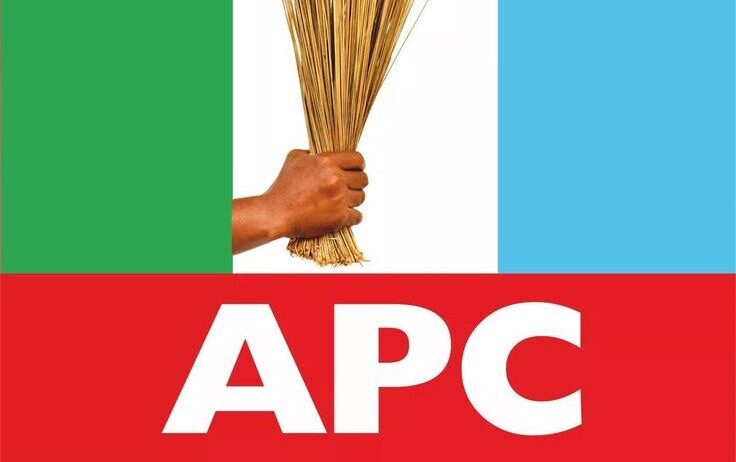

May his soul find rest.
Amen.